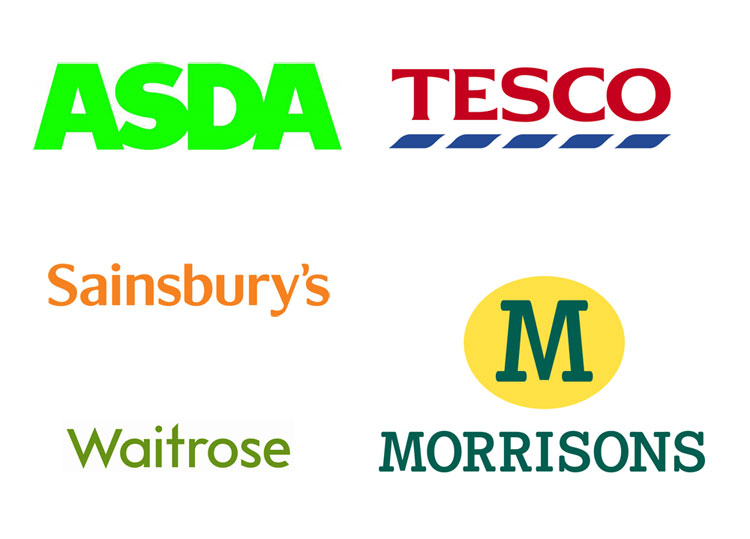It does get a little tiresome to be told, yet again, that too much choice is bad for us. Because of course we've been told this before: it's the cry of every bureaucracy everywhere, don't worry about what you're being given just accept what we're willing to offer you. It's also deeply rooted in basic economics, in the concept of opportunity cost:
Once, when I was suffering a fit of depression, I walked into a supermarket to buy a packet of washing powder. Confronted by a shelf full of different possibilities, I stood there for 15 minutes staring at them, then walked out without buying any washing powder at all.
I still feel echoes of that sensation of helplessness. If I just want to buy one item but discover that if I buy three of the items I will save myself half the item price, I find myself assailed by choice paralysis.
OK, depression can be serious but other than that, seriously? Modern society's gone wrong because we have a choice of washing powders?
The solution apparently is:
So how should one react to complexity? Schwartz suggests we should limit choice, not extend it. If you are shopping for food, go to supermarkets that are priced simply with a limited range, such as Aldi and Lidl. Recognise and accept complexity – which means accepting that you can never be sure that you’ve made the right choice.
Above all, don’t fall for the old trope of only wanting “the best”. Schwartz calls such people “maximisers” – people who are never happy, because they have expectations that can never be met, since in a world of complexity and unlimited choice there is always a better option. Be a “satisficer” instead – people who are happy to say “that’s good enough”, or “it’ll do”.
Well, quite. Maximisation of utility is an interesting concept to be pursued through economic models but out here in the real world we all in fact satisfice. Even if you just want to put it down to the tautologous maximisation of utility by not having to pay too much attention to details of choice.
However, to opportunity cost. The true cost of anything is what we must give up in order to have that thing. So, the real cost of this mortgage is the not having a mortgage, the not having that other type of mortgage. The true cost of jam with toast is not having Marmite with toast and so on and on. So, as the choices available to us rise then the opportunity cost of any one of them rises. And thus, yes, it really is true, more choice makes us unhappier.
To which, of course, the usual answer from the usual quarter is that we should have less choice and thus we'll be happier. But that's not quite how it works. For consider this.
There's long been a difference between male and female happiness rates. Women, in general, have always reported higher satisfaction rates than men. In recent decades that gap has been closing. No, men aren't becoming happier. Women are becoming less so, closing that gap. And what has been the great societal change over those decades that this has been happening? Quite: the life choices of women have expanded massively over that time, those of men not so much.
Do we think that such an increase in female unhappiness (or, rather a decrease in reported levels of happiness) is a reason to turn back the feminism clock? No, we most certainly don't, do we? And therefore nor is the unhappiness caused by having to choose one washing powder a reason to restrict the choice of washing powders.
There's very few who would publicly argue that a modern relationship should be based on "good enough" or "that'll do" despite the fact that near all of us are descended from generations of such relationships. Given that then why should we restrict what we may put on our toast?














